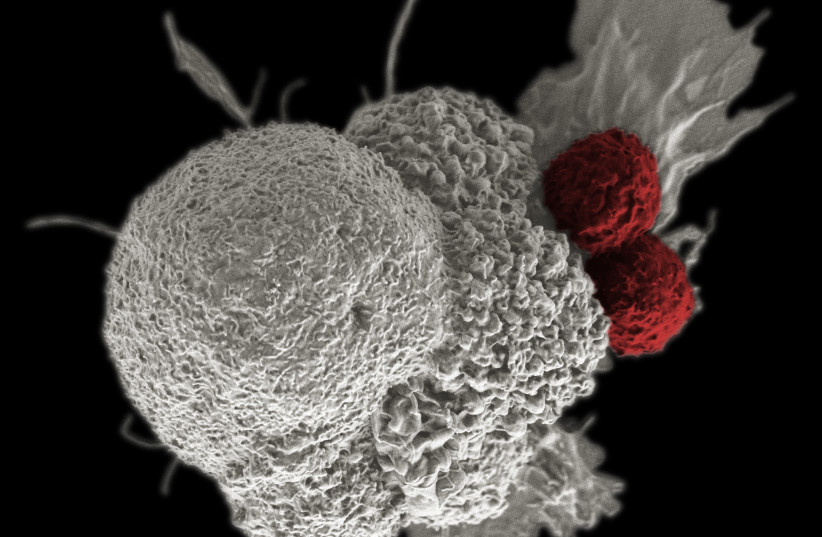Researchers at a University of Colorado medical campus have found a drug combination that could be crucial in helping children diagnosed with fatal brain tumors. Children diagnosed with MYC amplified Medulloblastoma could find hope for the future following potentially lifesaving new research.
These findings came from a peer-reviewed study conducted by researchers from the University of Colorado Anschutz Medical Campus and German Cancer Consortium (DKTK) University Hospital Dusseldorf.
An oncogene is a gene responsible for transforming a regular cell into a cancer cell. MYC does this exactly, but operates on multiple wavelengths - causing extra chaos when it is present with a cancer patient.
“An oncogene called MYC is amplified in these tumors making them very susceptible to recurrence. In addition, there’s a greater risk of it spreading to other areas of the brain and down the spine,” said Siddhartha Mitra, PhD. Mitra is an assistant professor of Hematology-Oncology and Bone Marrow Transplant at the University of Colorado School of Medicine and University of Colorado Cancer Center member.
“The five-year survival rate of this cancer is less than 45 percent. We wanted to discover better treatment options for these kids.”

Thanks to tireless efforts by Mitra and a team of researchers, two drugs were identified as clearing the first phase of safety trials in other tumors. They were soon identified as having an even stronger impact against solid tumors when acting together.
Building new solutions
By mixing multiple antidotes, researchers were able to unblock what they identified as 'don't eat me pathways' that would prevent cancer cells from being engulfed by other cells.
Using the epigenetic drug tacedinaline, the team discovered that in addition to making tumors grow MYC was also hiding the tumors from the various immune cells in the body. They were able to unblock what are referred to as ‘don’t eat me pathways’ that prevent white blood cells called macrophages in the immune system from consuming a tumor.
“When we used tacedinaline to unblock those pathways, and then added anti-CD47, a drug which makes macrophages become super eaters, the tumor became extremely appetizing to the macrophages enticing them to eat the tumor that was unblocked,” Mitra said. “You are essentially harnessing the body’s own immune system by giving it a jumpstart, much like a medical version of PacMan.”
Mitra is also involved with The Center for Cancer and Blood Disorders at Children’s Hospital Colorado, and said that while traditional remedies like chemotherapy have previously targeted the tumor growth abilities, this is the first time "pathway immune evasion pathways are being targeted in these types of devastating brain tumors."
“Traditional adult cancer drugs don’t work well in kids because children are still developing and their normal cells divide at a rapid pace,” said Mitra. “This drug combination could potentially help not only minimize the negative impacts of traditional cancer treatment in kids, but also give patients diagnosed with MYC amplified Medulloblastoma a better chance at survival.”
The drug mixture is set to begin clinical trials in the coming weeks.
